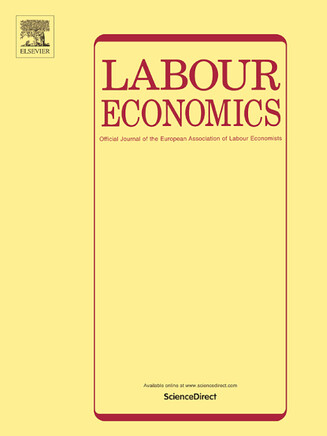EMPLOYERS' HIRING PRACTICES, EMPLOYMENT PROTECTION, AND COSTLY SEARCH: A VACANCY-LEVEL ANALYSIS
ABSTRACT
An employer with a vacancy may respond to high search costs by lowering hiring requirements. While such an adjustment increases the employer's chances of filling the vacancy, it also more likely results in a match that terminates when the match is hit by match-specific productivity shocks. Drawing on a novel Slovenian vacancy dataset, we find that employers who are searching to fill temporary positions are more likely to hire underqualified workers when search costs are high. We find that search costs are taken into consideration when employers are searching to fill permanent positions in some specifications but not all. These findings suggest that for employers who are searching to fill a permanent position, the benefits of lowering hiring requirements when search costs are high are likely outweighed by: a) high firing costs if an under-qualified worker is hired on a permanent contract or b) the costs of undertaking a new search later if an underqualified worker is hired on a temporary contract. These are novel findings about the employers' hiring practices in the presence of employment protection laws and costly search. (C) 2009 Elsevier B.V. All rights reserved.
Statistics
Web of Science Times Cited
10
Journal Citation Indicator
0.7

